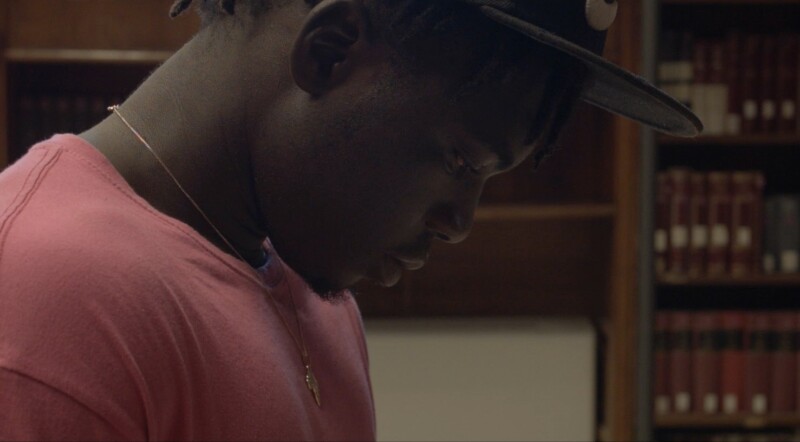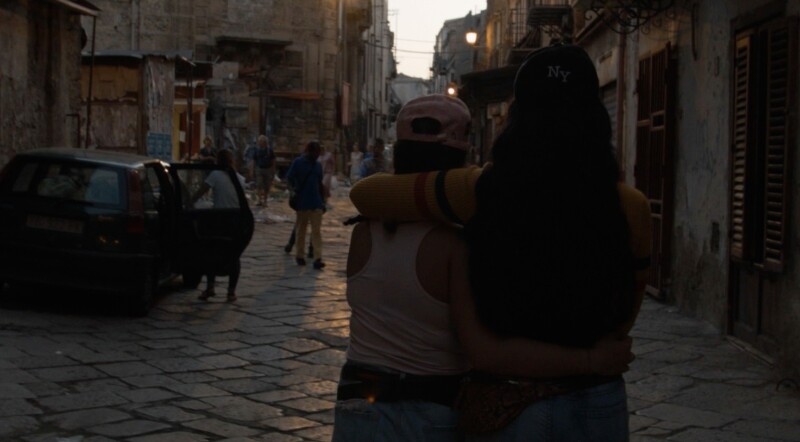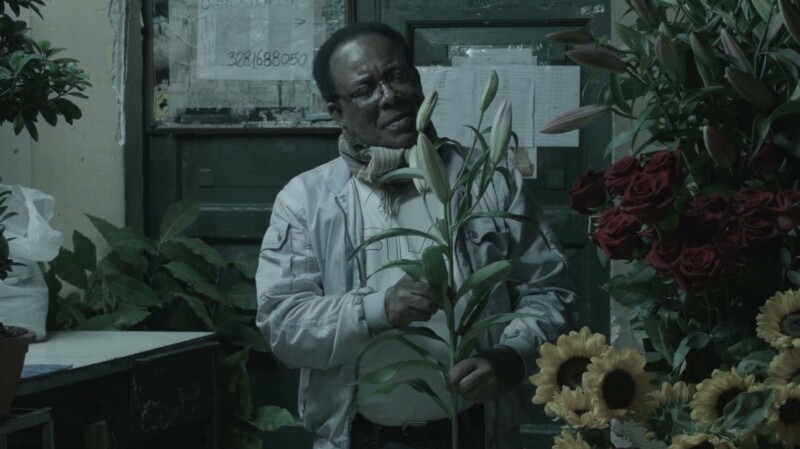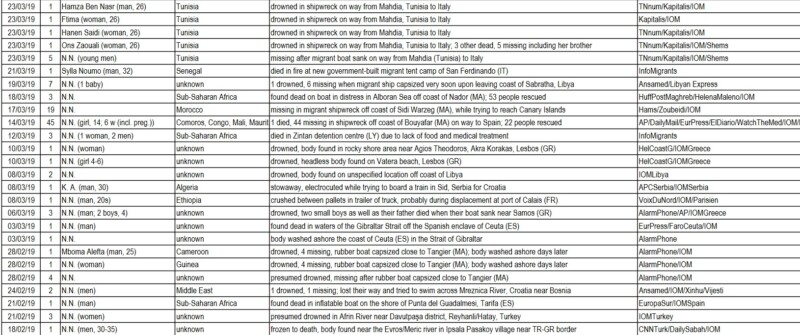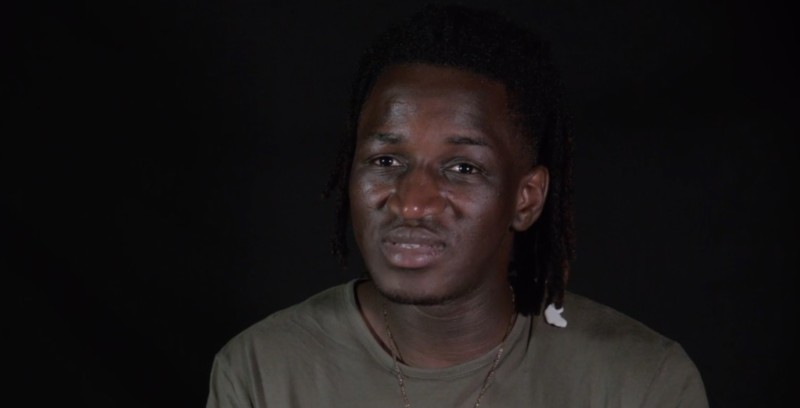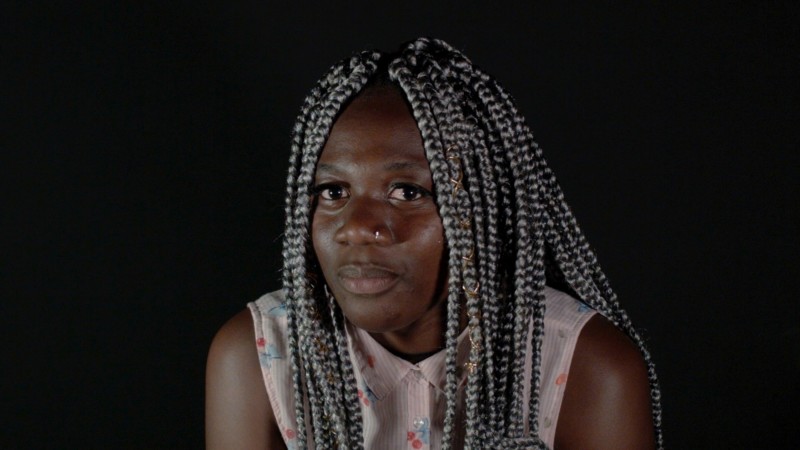Many youths are going astray because of lack of advice. If you leave your parent at the age of 12 or 13, you are not able to calculate how to do normal things all the time. So if you get an advisor at your side, it will help you much not to get involved in dangerous things.
Yesterday, I met one guy, a Gambian. We did test terza media together. I always see him on this roadside. Yesterday I asked him: “My brother, what are you doing everyday here on this roadside?”
He told me, “I come here to spend time.”
I told him, “There are many sites where to spend time. You did the test of terza media, but your language is not improving. Now you need to go to another school to continue to improve yourself. Because now you cannot find a job, unless you find a job where you can go and wash cars or work in the campagna.”
But even if they get such job they will not do it, because they are used to sit, and get free smokes, free drinks, everything for free. So they cannot put in any effort to find a job.
I advised him, “My brother, please, I don’t want to see you in this place. I don’t have anything to give you, but if I tell you the truth maybe you will consider it and do things for yourself. I don’t advise you for me or for any other people but I am advising you for your own interest. You left Gambia for certain conditions, you come here, all the day you are on this roadside, you are not gaining anything. But if you go to school, afterwards you take your book and you sit somewhere. I’m not saying you can’t be with friends, but maybe be with friends that can make you improve in life. Someone who makes you go backward is not a friend.”
After I finished he told me, “Thank you, my sister. I am very happy, it’s as if my mother had advised me.”
I said, “Keep it up.”
“I know you will be happy if I do what you say, so I will, my sister.”
So, you see, many people go astray because of lack of advice. If you tell somebody what will benefit them, maybe in that moment he will not think about it. But some little suffering will come and he will think: “Ah! Maybe if I do what my sister advised me last time it will help me much.” He will soon change his mind and do something better for himself. So that is very important in society.
Interview with Kadija J. in Palermo, 11 June 2019
Kadija J. has lived in Palermo for over two years. Because she suffers from a chronic heart-lung disorder and medical supplies in her homecountry Guinea was not sufficient, she and her husband came to Palermo. They have a son who they had to leave behind in Guinea. Kadija wishes to be involved in cultural mediation within the refugee community.
During the Giocherenda Workshop Kadija told us about her reasons to come to Europe, her visions and how she reforges a new life in Palermo and supports other refugees in doing so.
How were the films and fragments in Palermo made?
Diawara B. and Diallo S. from Giocherenda held a three-day workshop with six participants in Palermo: Glory M., Fatima D., Ismail A., Kadijatu J., Marrie S. and Mustapha F. Mixing different approaches and games, the group exchanged personal experiences and shared them in the black box in front of the camera. Furthermore, Fatima D., Ismail A. and Mustapha F. consented to being portrayed in short films by the We Refugees Archive film crew beyond the workshop. The portraits deal with their lives in the city.
Giocherenda is a professional organization led by, for and with young refugees in Palermo that offers storytelling games. Its aim is not to help refugees and support them, but the opposite: refugees bring locals together for the sake of exchanging their experiences with refugees.
The word Giocherenda stems from the Fula language Pular, primarily spoken in Guinea, and connotes solidarity, interdependence and strength generated from people getting together. Phonetically, it resembles the Italian word “giocare” (to play), which inspired the collective to develop games for the sake of producing narratives and personal memories.
Refugees’ perspectives
In the interviews, the film crew consciously abstained from screenplays and standardized questions. Instead, the refugees directed the course of the interview and discussed only those topics they were willing to speak about. With We Refugee Archive’s mission in mind, the participants’ personal experiences in Palermo and their visions for the near future was the rough focal point. Thus, experiences during and personal trajectories of forced migration to Europe were shared and discussed at the individual’s own will and not required nor elicited on demand.
Interview: Francesca Bertin
Camera: Max Senger
Production: Francesca Bertin
